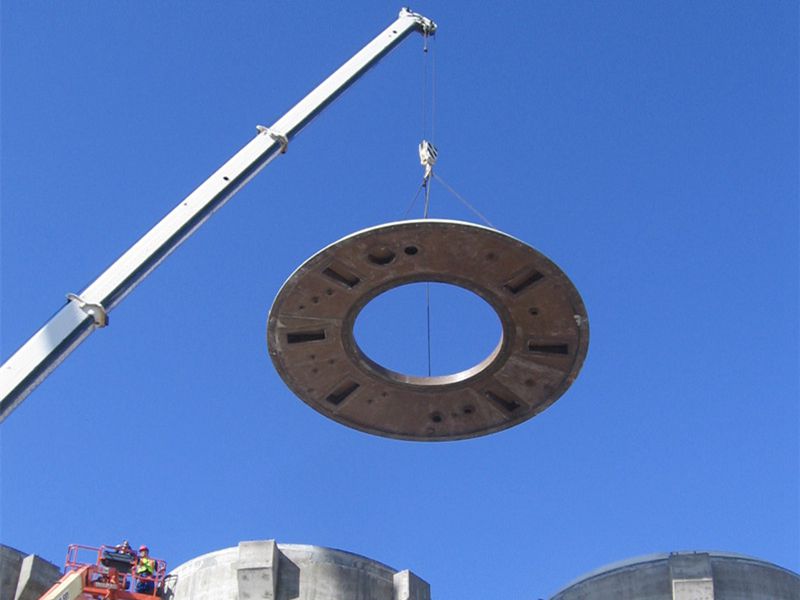
-
 Afrikaans
Afrikaans -
 Albanian
Albanian -
 Amharic
Amharic -
 Arabic
Arabic -
 Armenian
Armenian -
 Azerbaijani
Azerbaijani -
 Basque
Basque -
 Belarusian
Belarusian -
 Bengali
Bengali -
 Bosnian
Bosnian -
 Bulgarian
Bulgarian -
 Catalan
Catalan -
 Cebuano
Cebuano -
 China
China -
 China (Taiwan)
China (Taiwan) -
 Corsican
Corsican -
 Croatian
Croatian -
 Czech
Czech -
 Danish
Danish -
 Dutch
Dutch -
 English
English -
 Esperanto
Esperanto -
 Estonian
Estonian -
 Finnish
Finnish -
 French
French -
 Frisian
Frisian -
 Galician
Galician -
 Georgian
Georgian -
 German
German -
 Greek
Greek -
 Gujarati
Gujarati -
 Haitian Creole
Haitian Creole -
 hausa
hausa -
 hawaiian
hawaiian -
 Hebrew
Hebrew -
 Hindi
Hindi -
 Miao
Miao -
 Hungarian
Hungarian -
 Icelandic
Icelandic -
 igbo
igbo -
 Indonesian
Indonesian -
 irish
irish -
 Italian
Italian -
 Japanese
Japanese -
 Javanese
Javanese -
 Kannada
Kannada -
 kazakh
kazakh -
 Khmer
Khmer -
 Rwandese
Rwandese -
 Korean
Korean -
 Kurdish
Kurdish -
 Kyrgyz
Kyrgyz -
 Lao
Lao -
 Latin
Latin -
 Latvian
Latvian -
 Lithuanian
Lithuanian -
 Luxembourgish
Luxembourgish -
 Macedonian
Macedonian -
 Malgashi
Malgashi -
 Malay
Malay -
 Malayalam
Malayalam -
 Maltese
Maltese -
 Maori
Maori -
 Marathi
Marathi -
 Mongolian
Mongolian -
 Myanmar
Myanmar -
 Nepali
Nepali -
 Norwegian
Norwegian -
 Norwegian
Norwegian -
 Occitan
Occitan -
 Pashto
Pashto -
 Persian
Persian -
 Polish
Polish -
 Portuguese
Portuguese -
 Punjabi
Punjabi -
 Romanian
Romanian -
 Russian
Russian -
 Samoan
Samoan -
 Scottish Gaelic
Scottish Gaelic -
 Serbian
Serbian -
 Sesotho
Sesotho -
 Shona
Shona -
 Sindhi
Sindhi -
 Sinhala
Sinhala -
 Slovak
Slovak -
 Slovenian
Slovenian -
 Somali
Somali -
 Spanish
Spanish -
 Sundanese
Sundanese -
 Swahili
Swahili -
 Swedish
Swedish -
 Tagalog
Tagalog -
 Tajik
Tajik -
 Tamil
Tamil -
 Tatar
Tatar -
 Telugu
Telugu -
 Thai
Thai -
 Turkish
Turkish -
 Turkmen
Turkmen -
 Ukrainian
Ukrainian -
 Urdu
Urdu -
 Uighur
Uighur -
 Uzbek
Uzbek -
 Vietnamese
Vietnamese -
 Welsh
Welsh -
 Bantu
Bantu -
 Yiddish
Yiddish -
 Yoruba
Yoruba -
 Zulu
Zulu
Exploring GRP Vessel Innovations for Enhanced Marine Performance and Durability
Exploring the GRP Vessel Design, Advantages, and Applications
Glass Reinforced Plastic (GRP) vessels have become an integral part of various industries thanks to their unique properties and advantages. These vessels, also known as fiberglass reinforced plastic (FRP) vessels, are engineered to offer superior durability, corrosion resistance, and lightweight characteristics, making them a preferred choice for many applications.
Design and Fabrication
The design of a GRP vessel involves a meticulous process that combines innovative engineering with the advanced capabilities of fiberglass materials. The construction typically involves layering glass fibers within a resin matrix, which can be finely tuned to meet specific performance criteria. This composite material results in a structure that not only resists environmental degradation but also withstands high pressures and fluctuating temperatures.
One of the most significant breakthroughs in GRP vessel design is the ability to create complex shapes and sizes that traditional materials, such as metals, cannot achieve easily. The versatility of the manufacturing process enables the production of vessels with intricate geometries, enhancing their functional applications across diverse sectors, including water treatment, chemical storage, and oil and gas.
Advantages of GRP Vessels
The growing popularity of GRP vessels can be attributed to several remarkable advantages
1. Corrosion Resistance Unlike steel or other metals, GRP vessels are inherently resistant to corrosion, which is particularly crucial in environments where exposure to harsh chemicals is commonplace. This resistance not only prolongs the lifespan of the vessels but also significantly reduces maintenance costs over time.
grp vessel

2. Lightweight The lightweight nature of GRP vessels simplifies handling, transportation, and installation. This characteristic is especially beneficial when dealing with large vessels, as it reduces the need for heavy lifting equipment and minimizes the structural support required for installation.
3. Thermal Insulation GRP vessels exhibit excellent thermal insulation properties. They are effective at minimizing heat transfer, which is especially advantageous in applications where temperature control is paramount.
4. Cost-Effectiveness When considering both initial investment and long-term maintenance, GRP vessels can offer significant cost savings. Their durability means fewer replacements and repairs are needed, while their performance can lead to greater efficiency in operations.
Applications of GRP Vessels
The applications of GRP vessels are vast and varied. In the chemical industry, they are used for storage tanks, reactors, and pipelines due to their resistance to aggressive chemicals. In water treatment facilities, GRP vessels play a crucial role in filtration systems and storage solutions for potable water. Additionally, they are increasingly being utilized in the marine sector for boat hulls and other components, where weight reduction and resistance to seawater corrosion are essential.
Furthermore, the construction industry benefits from GRP vessels for their ability to be customized for various uses, from underground storage tanks for fuel to specialized piping systems.
Conclusion
In conclusion, GRP vessels represent a remarkable advancement in engineering and material science, offering numerous benefits across multiple sectors. Their unique combination of strength, lightweight properties, and resistance to environmental factors makes them an ideal choice for modern industries. As technology continues to progress, the applications and advantages of GRP vessels will likely expand, further cementing their role in innovative solutions to meet the demands of today's world.









